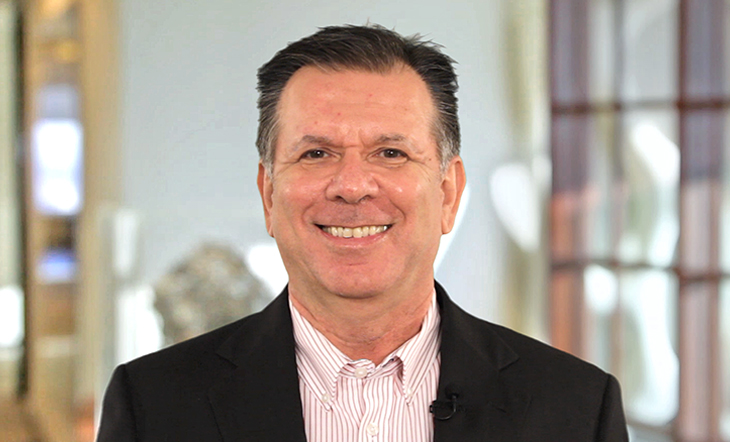There’s a lesson here for defined contribution plan advisors when it comes to constructing investment menus and even professionally managed investments like target date funds.
With so much emphasis on fees, it’s not surprising that index funds have become so popular. And with a further emphasis on asset allocation, it’s no wonder that target date funds have grown so quickly, garnering the lion’s share of new contributions. But what’s missing is an emphasis on the underlying ingredients in the funds and the need for stewards or leaders overseeing their selection to put the client’s interest first.
Pendulum Has Swung Too Far
The most popular target date funds are mostly made up of proprietary funds selected by the same fund family. Does anyone think that one fund family has all the best ingredients? And with little oversight, are we confident that these fund managers will pick the best ingredients in stock or just the ones that are most plentiful and profitable?
And while we would not argue that passive investing does not have a place in target date funds and on 401(k) plan investment menus, we believe that the pendulum has swung too far—something that may only be righted with a severe market correction.
So how did it happen that plan advisors—even the most experienced among them—have ceded selection of underlying ingredients to arguably biased third parties and are comfortable making decisions using price as the driving force?
With the demand for services increasing and fees declining at an alarming rate, many advisors have shifted their allegiance from actively managed funds to index funds as a way to stop the bleeding on their fees while keeping overall plan costs low. Recordkeepers with proprietary target date funds typically charge lower administrative fees in exchange for use of their investments.
Making a Choice
Is it time for advisors to stand up and do the job they have been charged with from the beginning, which is to select the best investments, starting with the best ingredients from money managers based on their historic strengths and performance? Or will advisors continue to cede control to the target date fund managers, or anyone else creating professionally managed accounts, who select the underlying investment ingredients based primarily on cost?
Using that logic, we would feed our families pizza from a chain that delivers and sushi from an automat because of convenience and price. And we would order pizza in Japan and sushi in Italy. That doesn’t sound very appealing...or nutritious.









